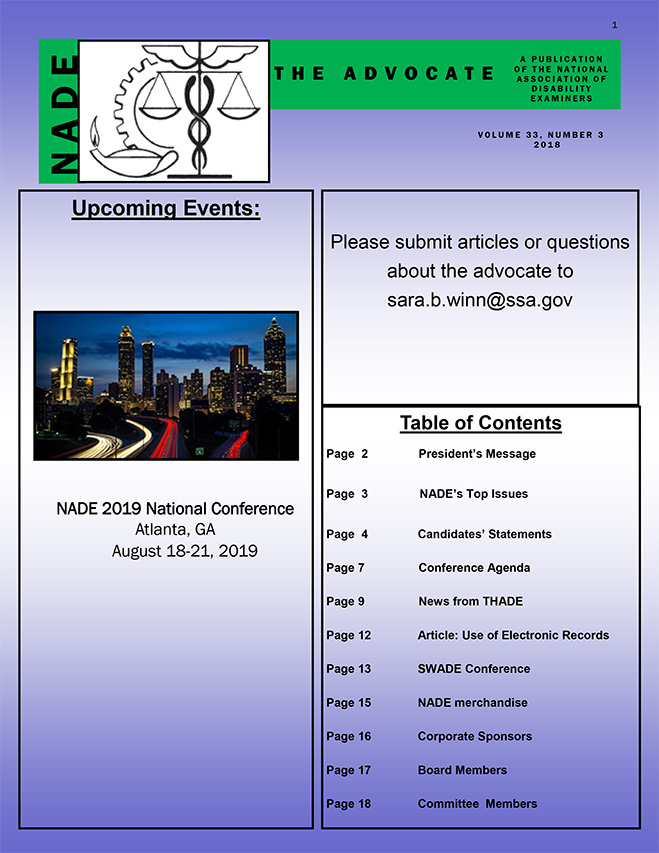From Improving the Social Security Disability Determination Process by Jack Smalligan and Chantel Boyerns for the Urban Institute:
 |
| Click on image to view full size |
This report recommends improving the reconsideration step although it is vague on what an improved reconsideration step would look like.
Over the decades that I've been involved with the Social Security disability process the reconsideration stage has been remarkably stable. Apart from experiments with eliminating it, recon just hasn't changed over the years. My conclusion is that even though everyone knows recon doesn't make the system fairer, it still meets the perceived needs of Social Security policymakers by introducing an extra hurdle that reduces the number of people asking for hearings. If you're looking for any other reason for its existence or any way to improve it, you're looking in vain.






